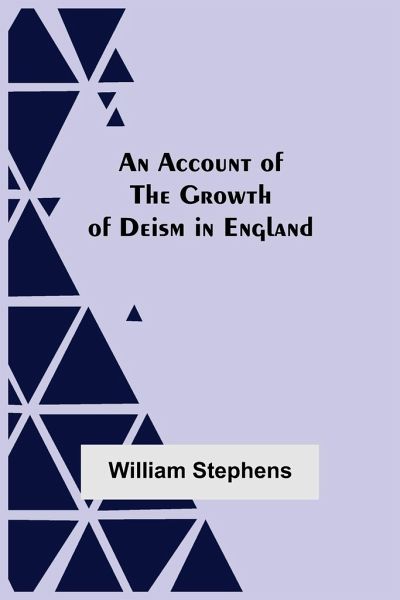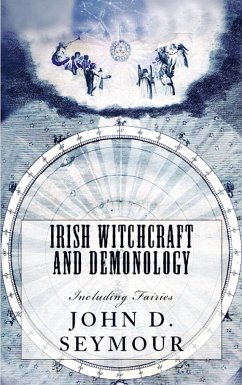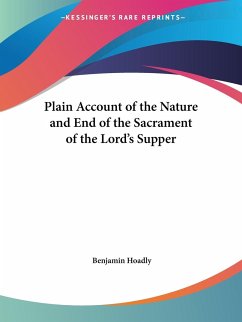
An Account Of The Growth Of Deism In England
Versandkostenfrei!
Versandfertig in 1-2 Wochen
14,99 €
inkl. MwSt.
Weitere Ausgaben:

PAYBACK Punkte
7 °P sammeln!
A clear, urgent window into a turning point in belief. An Account Of The Growth Of Deism In England charts how suspicion of dogma and the impulse to question authority quietly reshaped a nation. This historical theology treatise, written with lucid rigour and a scholar's sympathy, offers a compact yet ambitious survey of religious history in late seventeenth-century England. It speaks to the curious reader of early modern religious history, as well as to the academic reader seeking a reliable research reference guide. Rather than a dry chronicle, it unfolds ideas, debates, and the rise of free...
A clear, urgent window into a turning point in belief. An Account Of The Growth Of Deism In England charts how suspicion of dogma and the impulse to question authority quietly reshaped a nation. This historical theology treatise, written with lucid rigour and a scholar's sympathy, offers a compact yet ambitious survey of religious history in late seventeenth-century England. It speaks to the curious reader of early modern religious history, as well as to the academic reader seeking a reliable research reference guide. Rather than a dry chronicle, it unfolds ideas, debates, and the rise of freethought in early Britain with a human rhythm that makes complex themes accessible to lay readers and specialists alike. Its significance lies in its careful contextualisation of religious scepticism England, the cultural currents that fed the growth of deism in England, and its enduring relevance to understandings of modern belief. For casual readers and classic-literature collectors, the book offers a precise, eloquent entry point into a pivotal moment when faith and scepticism intertwined to chart new intellectual territory. Out of print for decades and now republished by Alpha Editions. Restored for today's and future generations. More than a reprint - a collector's item and a cultural treasure. This collected religious history stands as a compact anthology of deism, a benchmark for scholars and a compelling companion for curious minds.













